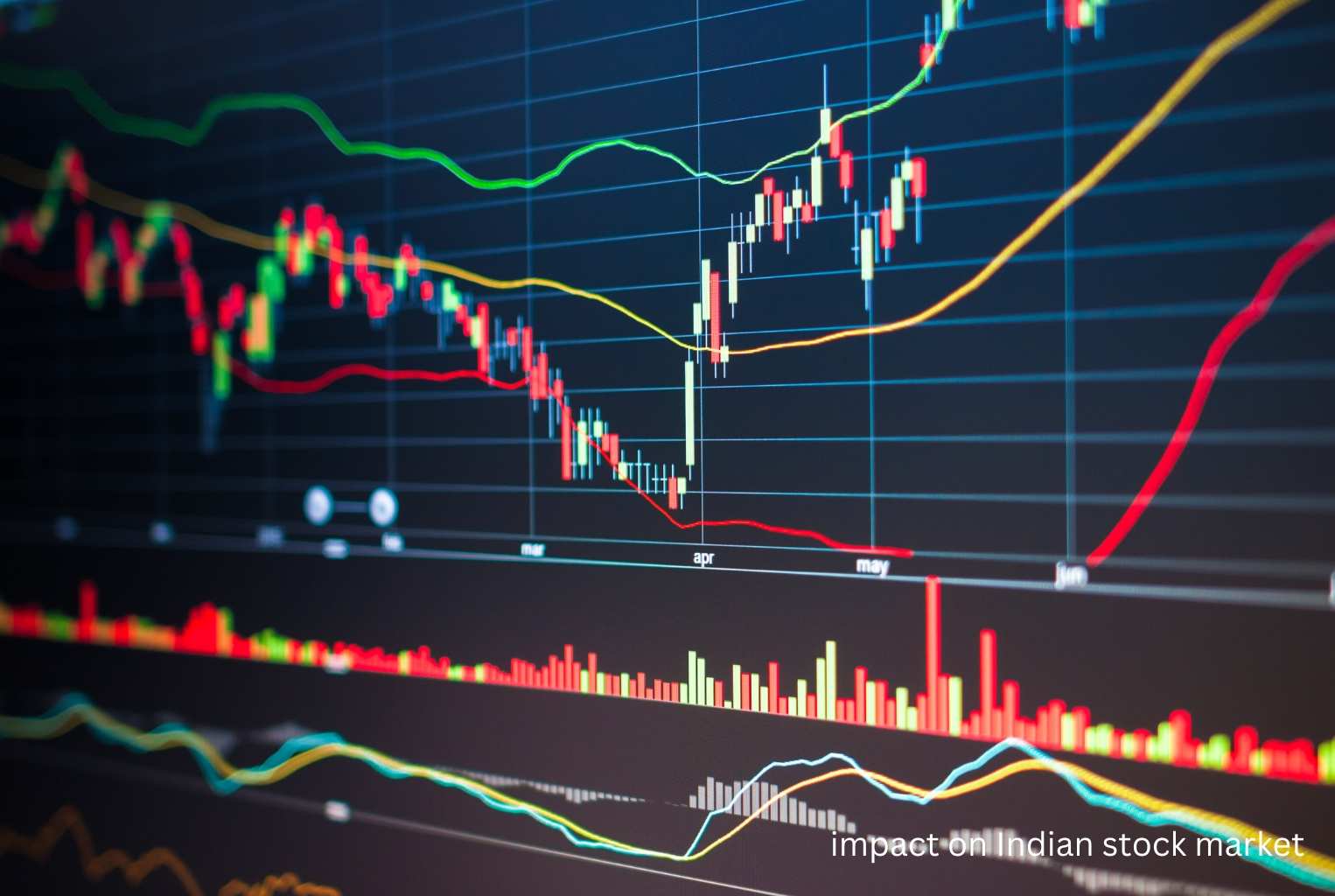The Indian stock market has always been a land of opportunities, driven by a strong economy and sectors. But recent events have spooked investors and brought the spotlight on one of India’s biggest conglomerates: the Adani Group. The ongoing Adani vs Hindenburg battle has sent shockwaves across the financial world and has raised questions on the impact on Indian stock market and future investments.
This post digs into the Adani vs Hindenburg story, the allegations and the defences and what it means for investors and the Indian economy.
The Allegations: A Deep Dive
Hindenburg Research, a short-seller known for its aggressive tactics, accused Adani Group of stock manipulation, financial mismanagement and fraud. The report released in 2024 alleged that the conglomerate had inflated its stock prices through a web of offshore shell companies and dubious transactions. This led to a sharp fall in Adani’s stock prices wiping out billions of dollars of market value.
Impact on Indian Stock Market
The immediate impact on Indian stock market was huge. Adani Group’s stocks, which were a major component of Indian indices, tanked. This dragged the entire market down and Sensex and Nifty were highly volatile. Domestic and international investors were left in a state of uncertainty, fearing more revelations and market disruptions.
Investor Sentiment and Market Volatility
The impact was not limited to Adani’s stocks alone. The allegations spooked the broader market and led to a sell-off in related sectors. Foreign Institutional Investors (FIIs) who were bullish on India became cautious and reduced their exposure to the Indian market. The uncertainty around Adani’s financials and regulatory compliance led to fears of a market correction.
Adani’s Defence: Reputation at Stake
Adani Group has denied all allegations made by Hindenburg. The conglomerate has called the report baseless and malicious and meant to harm its reputation and the Indian economy. Adani’s defence is based on its compliance with all regulations and strength of its business fundamentals.
SEBI and Regulatory Watch
The Securities and Exchange Board of India (SEBI) has found itself in the middle of the storm as the regulator responsible for market integrity. SEBI has launched an investigation into the allegations and is looking into the transactions flagged by Hindenburg. The regulatory scrutiny has added another layer of complexity to the situation and market is waiting with bated breath for SEBI’s findings.
The Indian stock market is watching out for SEBI’s findings. If SEBI finds violations, it could mean heavy penalties for Adani Group and more erosion of investor trust. If it gives a clean chit, it could calm the market and restore some of the lost faith.
Legal Wars and Its Impact
The Adani vs Hindenburg legal battle will be long drawn, both sides are gearing up for a high stakes battle. The outcome of this will have huge implications for the company and the market. A win for Hindenburg will encourage other short sellers to target Indian companies and increase volatility. A win for Adani will restore confidence and boost the company’s global standing.
The Bigger Picture: Future Investments and Growth
The Adani vs Hindenburg episode has raised questions on corporate governance, transparency and the strength of Indian financial markets. Investors are now more cautious and will scrutinize companies more before investing. This change in investor behavior will impact India’s stock market in the long term.
The Domino Effect on Future Investments
The controversy has also brought to fore the need for stronger regulatory oversight and corporate governance in India. As global investors become more choosy, companies will have to adhere to higher standards of transparency and accountability to raise capital. If this leads to a more mature and robust market that can withstand external shocks, it could be positive for India’s stock market.
Takeaways for Investors and Market
For investors, the Adani vs Hindenburg episode is a reminder of the risks of concentrated holdings and due diligence. Diversification, research and understanding of market dynamics is key to navigating such situations. The impact on India’s stock market is a reminder to have a balanced approach to investing where returns are weighed against risks.
The Way Forward: Navigating the Uncertainty
As the Adani vs Hindenburg battle plays out, the impact on India’s stock market will continue. Investors and market participants will have to be watchful and adjust to the changing landscape. While the short term may be uncertain, the long term prospects of India are strong with a young population, technology and government reforms.
Strengthening India’s Financial System
To reduce the impact of future controversies on India’s stock market, we need to build a robust financial ecosystem. This means strengthening regulatory frameworks, promoting transparency and creating a culture of ethical business. By addressing these issues, India can continue to attract global investors and remain a top emerging market.
Conclusion: A Inflection Point for India’s Stock Market
The Adani vs Hindenburg episode is a turning point for India’s stock market. While the immediate impact on India’s stock market has been chaotic, it’s also an opportunity for growth. By learning from this and implementing the necessary changes, India can emerge stronger with a more robust and transparent financial system that inspires investor confidence.
As the dust settles, it will be crucial for all stakeholders to work together to rebuild trust and ensure the long-term stability and prosperity of India’s stock market. The road ahead may be challenging, but with the right strategies and reforms, the future remains bright for India’s economy and its capital markets.





